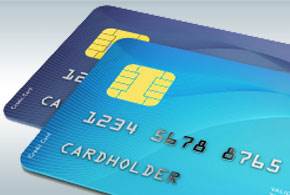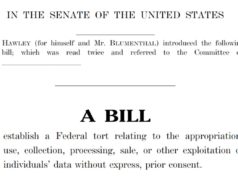NEWS ANALSYS: With slow retail adoption, long queues for certification and a few lawsuits, the transition to chip cards is proving to be challenging.
In March, five months after credit-card companies mandated a “liability shift” for most retailers who had not adopted chip-card technology, a Florida supermarket chain and a liquor store filed a class-action suit against Visa, MasterCard and other credit card issuers as well as several large banks.
The lawsuit alleges that the mandated “liability shift” made the retailers responsible for more than $10,000 in charge-backs because they could not quickly adopt the technology and processes for handling the Europay-MasterCard-Visa, or EMV, standard for chip cards. The stores maintain that the mandate requires that, not only do they have to buy expensive equipment to process the cards, but they also have to become certified, a process that is “lagging months—and maybe years—behind, with no relief in sight.”
“What you have is a massively unfair and intentional Catch 22, where the very people who benefit from making these merchants pay under the Liability Shift are the people who imposed it and now control when, if ever, the merchants can get out from under it,” Patrick J. Coughlin, counsel for the plaintiffs with Robbins Geller Rudman & Dowd, said in a statement.
In early October, almost exactly a year after the shift began, a federal judge in California ruled on initial motions in the lawsuit, upholding the retailers’ right to sue the financials firms.
Other retailers, such as big-box giant Walmart and supermarket chain Kroger, have launched their own legal actions against payment-card companies for not requiring PINs.
The lawsuits represent the stores’ financial pain made manifest. While consumers have often been confounded by the initially slow processing of chip-card transactions and confused by the uneven adoption of chip readers at retailers, merchants have had to shoulder the expense and effort required for adoption.
For some, it made little sense, George Rice, senior director of payments at HPE Data Security, told eWEEK.
“Some businesses looked at their exposure to fraud, and they look at that as less of a cost than upgrading their environment,” he said. “A convenience store with an average $6 transaction does not see a need to fight charge-backs.”
The delays have resulted in a skewed distribution in adoption. While 80 percent of credit cards are now EMV-compliant chip cards, only 44 percent of U.S. card-accepting merchants have EMV terminals, and only 29 percent actually use the chip-card functionality to accept secure transactions, according to a survey conducted by the Strawhecker Group, a management consulting firm. The firm had previously surveyed merchants in January and had estimated that half would have implemented the technology.
The EMV liability shift continues to be controversial. The payment-card firms’ directive mandates that the least-compliant link in the chain of transactions—from the bank, to the retailer, to the payment card processor, to the card issuer—will be responsible for any fraud. If issuers have not issued new chip cards to their consumers, they are held financially responsible for fraudulent transactions. If retailers do not accept chip cards, then they are held responsible for the fraudulent transactions.
Most retailers delayed their transition until after the busy Christmas season. The resulting avalanche of requests for certification, which initially was a very slow process, resulted in a clogged pipeline for servicing the firms, Jose-Luis Rojas, head of cards practice for Capgemini, a management consulting firm, told eWEEK.







